
Catch up on the latest news, breakthroughs, and announcements from biotechnology companies making advancements in cell and gene therapies.

Catch up on the latest news, breakthroughs, and announcements from biotechnology companies making advancements in cell and gene therapies.

Peter A. Merkel, MD, MPH, the chief of the Division of Rheumatology and a professor of medicine and professor of epidemiology at Penn Medicine, discussed clinical trial design considerations for this emerging field.

The Prescription Drug User Fee Act date for the FDA’s decision on the supplement has been set for June 21, 2024.

David Porter, MD, the director of cell therapy and transplant at Penn Medicine, discussed the importance of sharing knowledge in the emerging field of cell therapy for autoimmune disease.
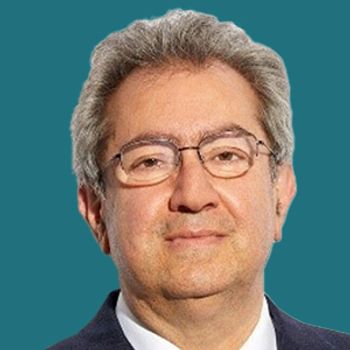
The first 3 participants in the MUSIC-HFpEF trial have now been dosed with the AAV vector-based gene therapy.

Catch up on the latest news, breakthroughs, and announcements from biotechnology companies making advancements in cell and gene therapies.

Barry J Byrne, MD, PhD, the chief medical advisor of MDA, discussed what he views as the next horizon in the field of gene therapy.
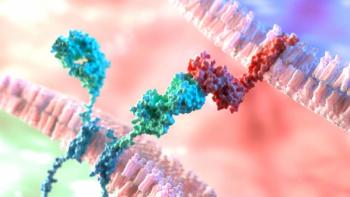
Hemogenyx noted that the agency confirmed all issues pointed out in the initial clinical hold letter from June 2023 had been sufficiently addressed by the company.

Barry J Byrne, MD, PhD, the chief medical advisor of MDA, discussed his research on a new application of efgartigimod alfa (Vyvgart).

At the 24-week analysis, patients who received the high dose achieved an 89% decrease in annualized antiVEGF injection rates.

The gene-edited cell therapy also showed a safety profile consistent with that previously seen in patients with early-onset MLD.

Among the 5 patients treated in the study, sustained supraphysiological expression of the disease-targeted gene, SGSH, was rapidly achieved in the leukocytes and the plasma.
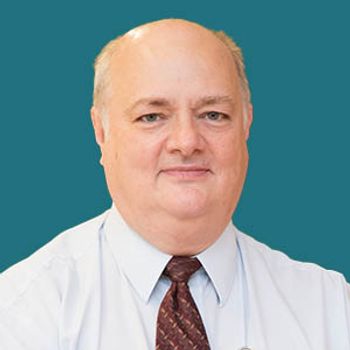
Hematological recovery was achieved and maintained in all 4 patients in the study.

Catch up on the latest news, breakthroughs, and announcements from biotechnology companies making advancements in cell and gene therapies.

ETX101 consists of a transgene encoding a GABAergic regulatory element and an engineered transcription factor that is delivered via a nonreplicating, recombinant AAV9 vector.

The new Cell and Gene Therapy Access Model will be led by the Centers for Medicare & Medicaid Services’ Innovation Center.

Barry J Byrne, MD, PhD, the chief medical advisor of MDA, discussed MDA Care Centers and his excitement for the organization’s the Upcoming Clinical & Scientific Conference.
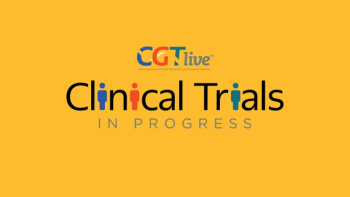
AK-OTOF delivers transgenes encoding OTOF, the disease-targeted gene, to the inner hair cells of the cochlea via a single unilateral intracochlear administration.
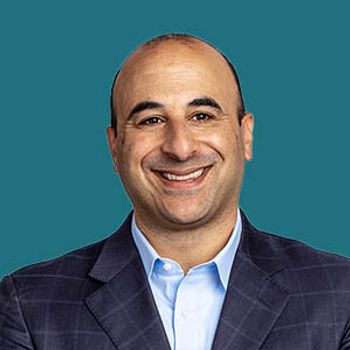
Cory R. Nicholas, PhD, the cofounder and CEO of Neurona Therapeutics, discussed future plans for the expanded applications of the allogeneic regenerative neural cell therapy.
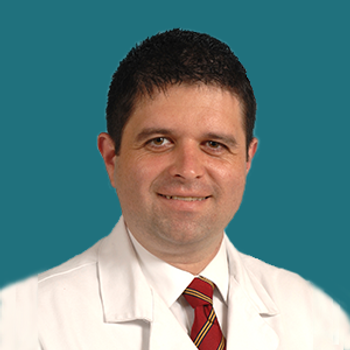
The Prescription Drug User Fee Act (PDUFA) target action date has been set for August 4, 2024.

Cory R. Nicholas, PhD, the cofounder and CEO of Neurona Therapeutics, discussed the ongoing first-in-human clinical trial evaluating the cell therapy for drug-resistant mesial temporal lobe epilepsy.

Catch up on the latest news, breakthroughs, and announcements from biotechnology companies making advancements in cell and gene therapies.

Efficacy and safety results from the RESKUE clinical trial will be presented at at the WORLDSymposium 2024 on February 9.

SRP-5051 is an investigational peptide-conjugated phosphorodiamidate morpholino oligomer.

The multinational, open-label EMERGENE study will seek to enroll 15 patients with LGMD2E/R4 in total.

Cory R. Nicholas, PhD, the cofounder and CEO of Neurona Therapeutics, discussed NRTX-1001, the company’s allogeneic regenerative neural cell therapy currently being evaluated in MTLE.

The trial will recruit patients aged 6 to 31 months with the intent of treating them while auditory system plasticity is optimal.

Robert M Califf, MD, MACC, the commissioner of food and drugs at the FDA, discussed how 2023 was an exemplary year for how far the field has come over the past few decades.
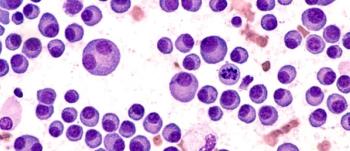
The European Medicines Agency Committee for Advanced Therapies will likewise hold a SAG-O meeting regarding the Type II variation application for the CAR-T in the EU.

Catch up on the latest news, breakthroughs, and announcements from biotechnology companies making advancements in cell and gene therapies.